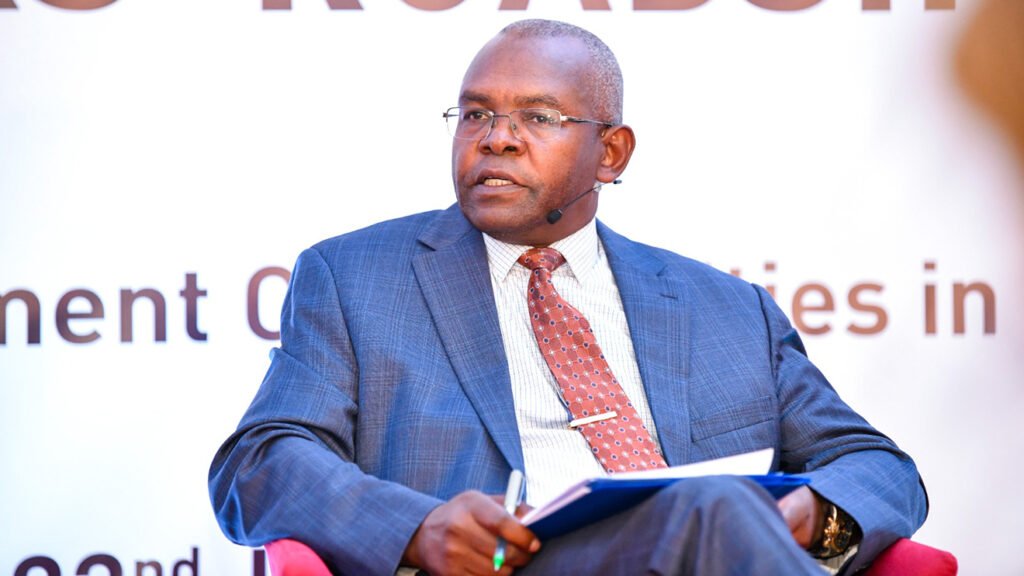
On November 5, 2023, the Central Bank of Kenya (CBK) raised the base lending rate to 12.5%, a hike of 200 basis points from the previous rate of 10.5%. This decision has several positive effects on the economy.
Central banks raise interest rates to slow down the economy and prevent overheating, which can lead to inflationary pressures.

By raising the cost of borrowing, the CBK effectively cools the economy, ensuring a more sustainable growth rate.
Second, borrowing becomes more expensive with rising interest rates. Although this would appear to be a drawback, it really promotes more prudent borrowing and lending.
Higher interest rates will make lenders and borrowers more circumspect and encourage them to make wiser financial decisions.
Thirdly, increasing interest rates make it more costly to buy goods and services on credit. When customers choose to save instead of spend, savings may rise as a result. A rise in savings can free up more money for investments, which over time can boost economic expansion.
Fourth, higher interest rates equate to higher rewards for investors and savers. Investors and savers who will receive a higher return on their capital may profit from this.
Finally, an increase in interest rates may draw foreign capital inflows from investors seeking higher rates of return on their assets. This could enhance the balance of payments and support the local currency.
Higher interest rates may have negative short-term repercussions for borrowers, but they may also have positive long-term effects that contribute to a more sustainable and stable economy.
The CBK needs to keep this delicate balance in place for Kenya’s economy as a whole.






Your point of view caught my eye and was very interesting. Thanks. I have a question for you.